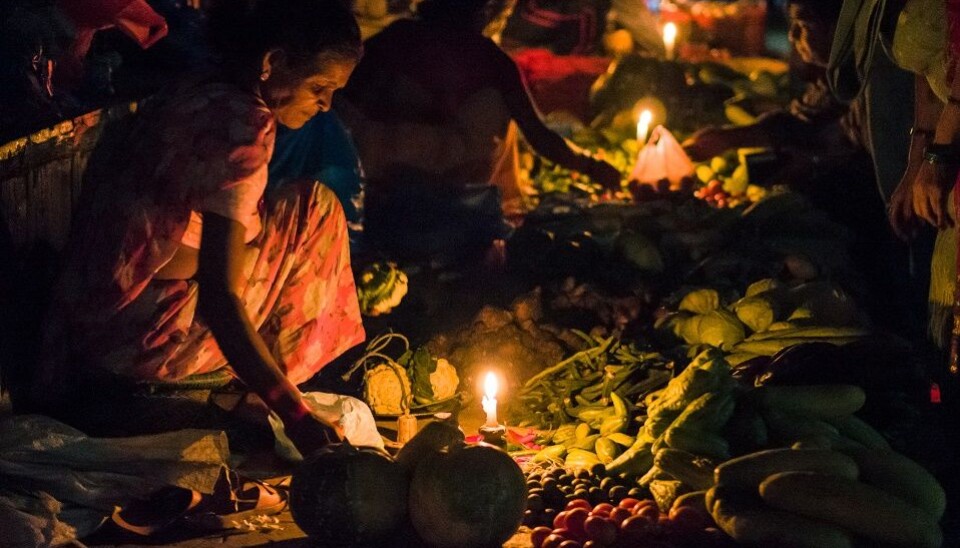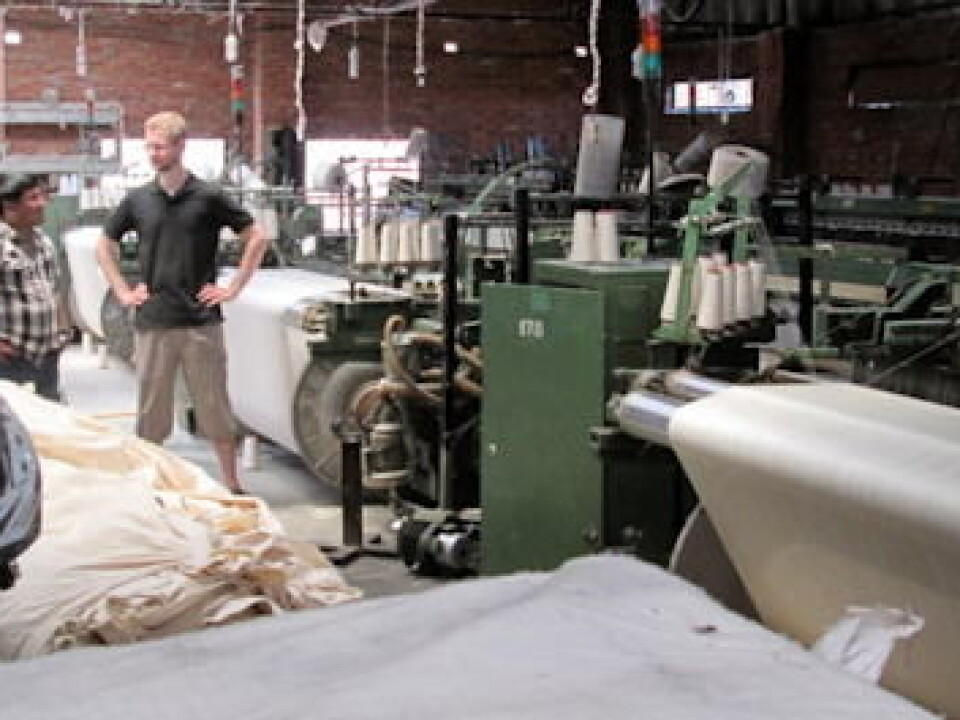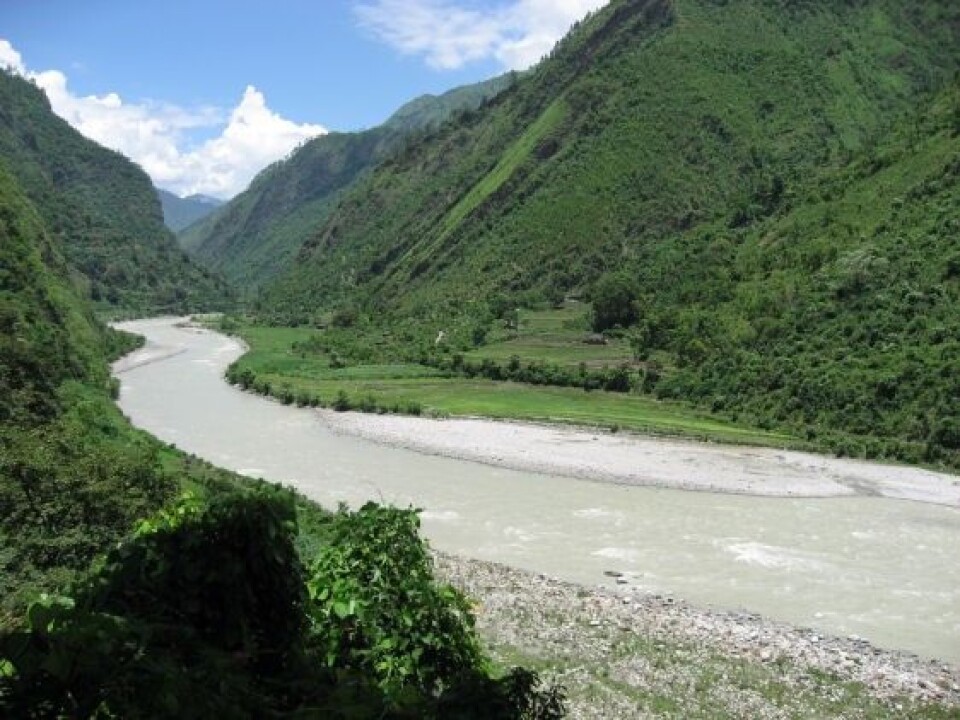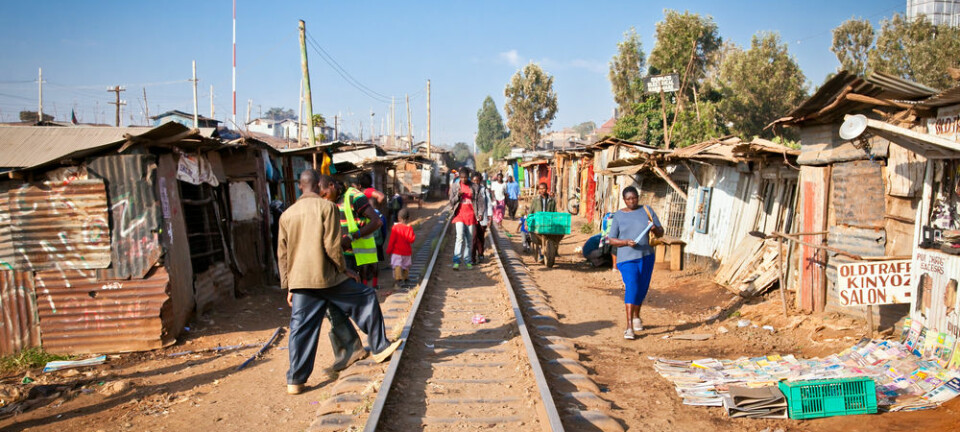An article from University of Oslo

Power cuts create new inequalities
Lack of energy not only harms businesses in Nepal, but also contributes to new class divides, pollution and migration to richer countries.
Denne artikkelen er over ti år gammel og kan inneholde utdatert informasjon.
In many parts of the world, power cuts have become an integral part of daily life.
This is also true for Nepal, where people hardly ever have more than 12 hours of electricity per day - rainy season means a few hours more, though, because there will be more water available to power Nepal’s hydroelectric plants.
If there is power, it usually continues only for three to four hours, followed by a three to four hour long power cut. There are overviews, also available online and on smartphone apps, that inform people about planned power outages.
This so-called load-shedding system was introduced in Nepal in 2006 as an energy saving measure. While Nepal is able to produce up to 700 megawatts per day, the country’s demand is nearly twice as high - around 1200 megawatt per day are needed.

How do people and businesses deal with such an insufficient access to power? How do power cuts affect daily life? What lessons can the Nepali case teach us about globalisation and overheating?
These are some of the questions that Anthropology student Mikkel Vindegg is trying to find answers to during his fieldwork in Nepal.
Another question would be why Nepal, the second richest country in the world after Brazil in terms of its hydropower potentials, is still dependent upon energy imports from neighboring India. Could Nepal somehow make the shift from energy importer to energy exporter?
No work without power
The textile factories, which also export their products to Europe, have been one of the cornerstones of economic life in this area. They have been badly hit by the power outages, Vindegg learned - the smaller factories, in particular, cannot afford to invest in generators and are thus no longer able to compete with the bigger ones.

They can only operate when there is power available, which means shorter production times, fewer resources for investments and less attractive working hours for the employees:
"The factory next to my house has been running at insane times. Sometimes workers would work from 3–6 o'clock at night, then go to sleep until 9 and then work till 12", says the researcher.
"Then they go home to sleep again for three more hours and then back to work again. It has been like this since I came here at the start of January, and it will more or less be the same after I go back to Norway in early July".
In such a way, load shedding is creating new inequalities among people and businesses - among those who can afford to enhance their day-to-day-operations by installing batteries or generators and those who cannot.
Migration to Gulf countries

Load-shedding also leads to increased migration, he found out. Factory work has turned into seasonal work, the anthropologist explains.
Workers have a tendency to come to the factories during the rainy season when there is more power available. When load shedding increases, they try to find other work or to migrate to other countries like Malaysia, Qatar, Saudi-Arabia or Kuwait.
It’s not only the economy that is badly hit by the lack of energy, however. The environment is also affected. One might be tempted to think that low energy consumption is good news for the environment. But that is not necessarily the case.
The generators that are switched on during power outages are fuelled by oil that is imported from India. The fumes from these generators are adding to the already heavily polluted air in Nepal’s capital.
"When you come home after a few hours in Kathmandu you need to wash your face because it will be covered by a huge layer of dust and dirt," says Vindegg.
"There are also reports that people empty out the battery acid by simply pouring it onto the ground. This has also become a huge source of pollution," he adds.
Taken together, it’s an extremely overheated situation.
"The Nepalese government is importing resources that they can’t really afford. This only works right now because of foreign aid and the huge contributions coming in through the remittance economy - money sent from Nepalis abroad. The state would go broke very quickly if this money were to disappear," says Vindegg.
"This is clearly not a sustainable system."
An exporter of clean energy?
According to the researcher, the potentials for change in a more sustainable direction is huge, if Nepal would develop its potential of hydro power.
"Instead of having to import unsustainable oil based products from other countries, Nepal could supply other countries with clean energy," he says.
"Running most things on hydropower, rather than on unsustainable, non-renewable resources would remove a huge expense from the Nepalese government. It would do a lot to reduce pollution. There are plans to build an electricity-run metro here which would reduce both traffic and the amount of fuel you need to import for running all these cars. You also wouldn’t need the generators anymore which equally take a whole lot of diesel or petrol to run."
But being a poor country, Nepal cannot afford to do this transition on its own. Companies from around the globe, Norway included, have therefore started to invest in the development of Nepal’s water resources.
While people generally don’t oppose the involvement of foreign companies as they don’t have much faith in their own politicians and institutions either, there have been reports about resistance against some hydropower projects and the way the government and foreign companies are operating.
"I haven’t encountered much resistance among my informants yet, but I might look a bit more into questions of control over one’s own water resources and the consequences of hydro projects for the people living nearby," says Vindegg.


































